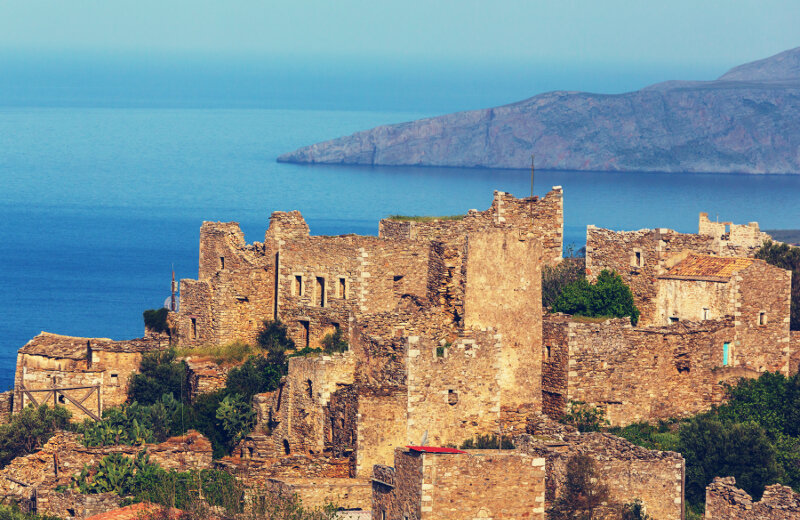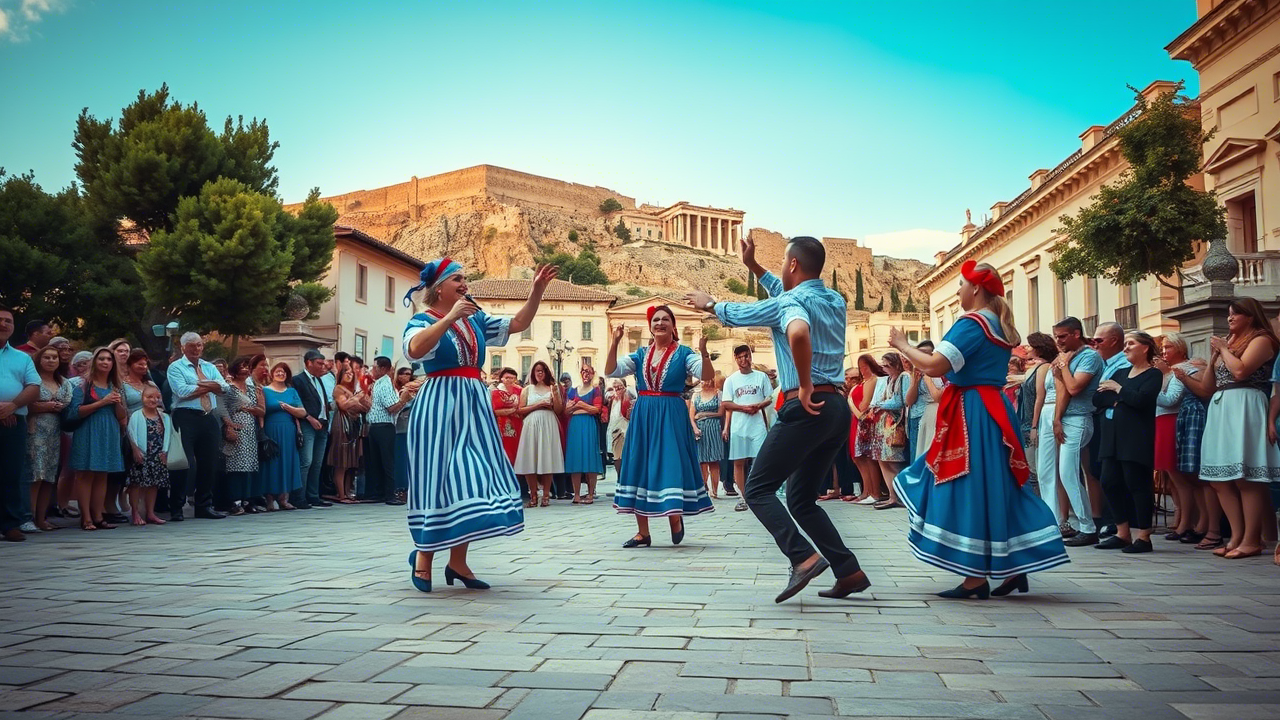The descendants of the ancient Spartans are being sought in Mani by the British broadcaster BBC, which is organizing an extensive tour of the area.
"This is the land of Mani, a small society said to be descended from the Spartans, the legendary fighters of Ancient Greece," writes the journalist Steve Dimitropoulos.
Then the extensive article quotes statements from George Economeas of Neochori of Mani. "Here is your lalangi", George Economeas told the journalist, handing him a crispy strip of dough deep-fried in virgin olive oil.
"He (G. Economeas) has the physique of a warrior - robust and with a strong back - but his wrinkled face is warm and relaxed. Economeas grew up in Neochori and has never left. He has spent his entire life running a café, and now he has retired and no longer serves customers. He spends his mornings at the cafe telling his friends news about his family and occasionally discussing politics", writes the BBC, adding, "I enjoyed a snack that famous Greek fighters probably ate thousands of years ago. Lelegas, the first king of Sparta, was probably the first to ask them to prepare it." he told me.
"If you want a taste of what life was like in Ancient Sparta, you need look no further. We are as much Spartans as we can be", Economeas said.
The British network recalls that after the Spartans defeated the Athenians during the Peloponnesian War, Sparta reached the peak of its power in the 5th century BC. Their rule, however, did not last long. In 371 BC, the Spartans were defeated by the Thebans - something that marked the beginning of the end.
But the Spartans, who lived on the Mani Peninsula, sheltered in the Taygetos, "held" and managed to protect their land from the Thebans and later the Ottomans and other foreign invaders. The people of Mani, according to the BBC, became the fear and terror both on land and at sea. It also emphasizes that the people of Mani "engaged" in piracy while working as mercenaries.
"Rumor has it that they were ruthless and so most conquerors simply did not get close", writes the BBC, adding: "The region remained self-governing until the mid/late 19th century, when the Greek government restricted its autonomy. However, in the 1970s, when new roads were built connecting the peninsula to the rest of the Peloponnese, the people of Mani began to "embrace" the rest of the Greeks.
After a brief reference to the tradition of "vendetta" in Mani, the BBC writes that the people of Mani now devote their lives to more peaceful pursuits, such as the production of olive oil. "The area is known for its olive oil, which is fruity and rich and has a golden-green hue. It is used for everything from flavoring cheese to frying lalangi."
"Maniates are descendants of the ancient Spartans, to be exact," said Economeas, who at the age of 86 told the reporter that he still remembers his mother feeding him with boiled eggs to make him stronger so to be able to continue the family tradition.
"He also remembers how his aunts would gather the night before a family member's funeral to sing the songs of the dead, a ritual also mentioned in Homer's Odyssey" the BBC reported.











